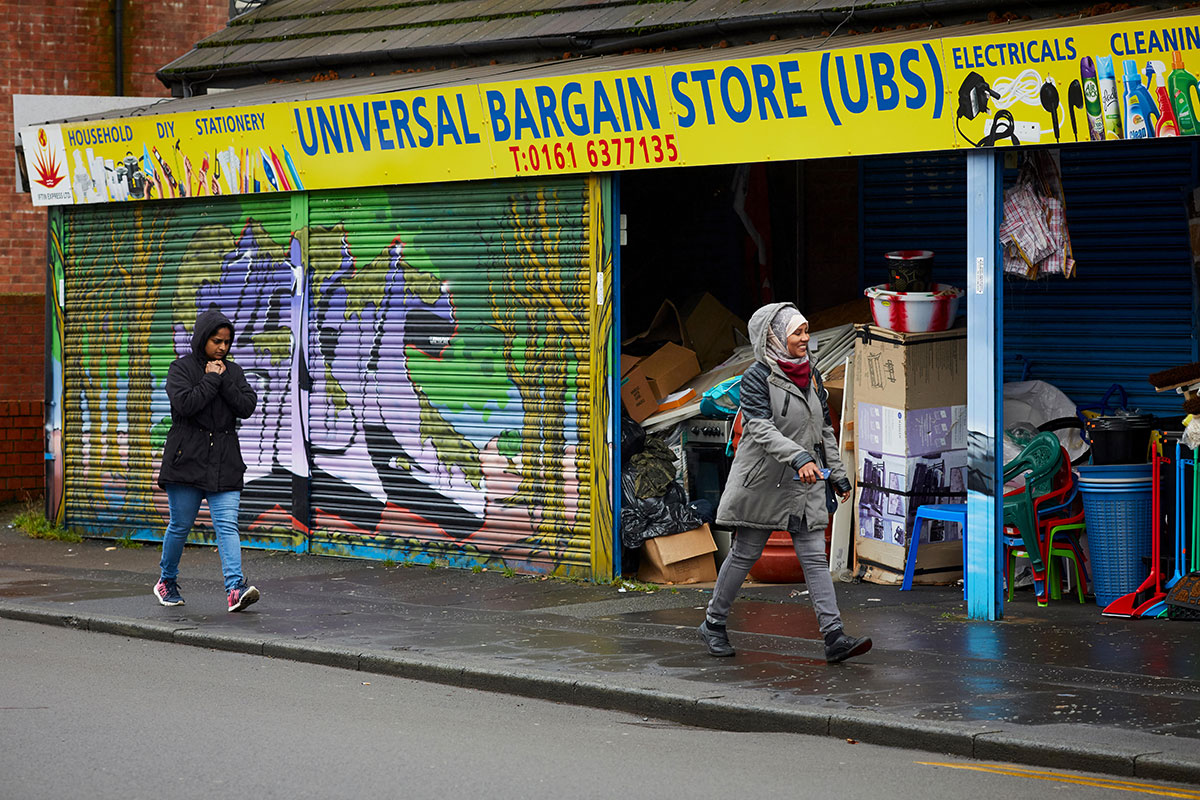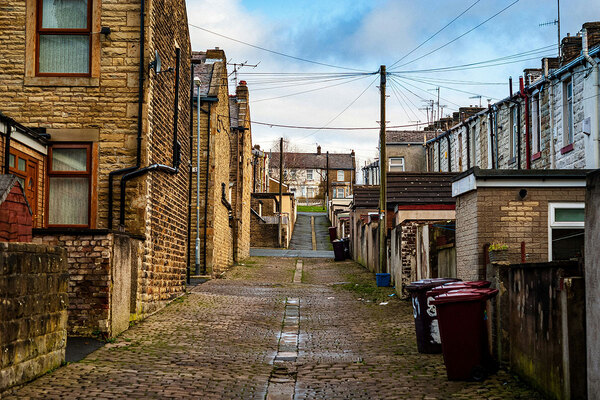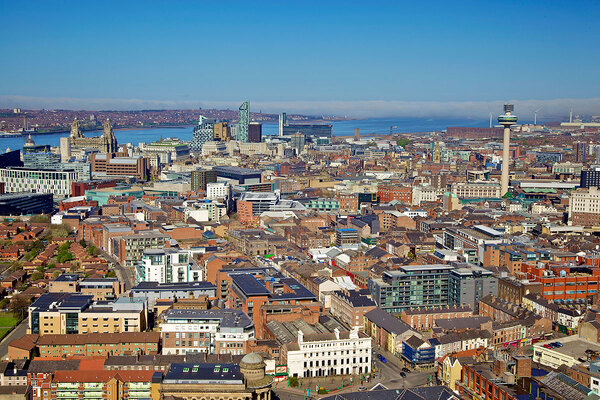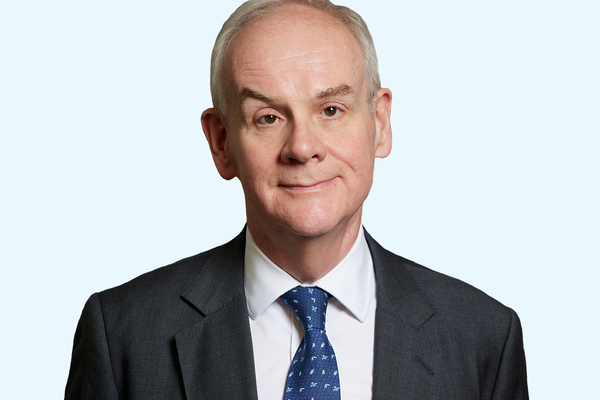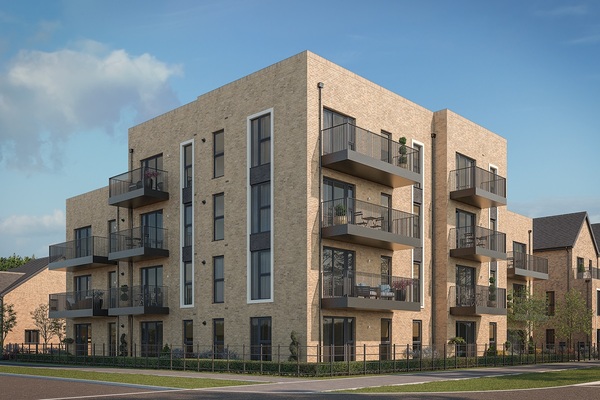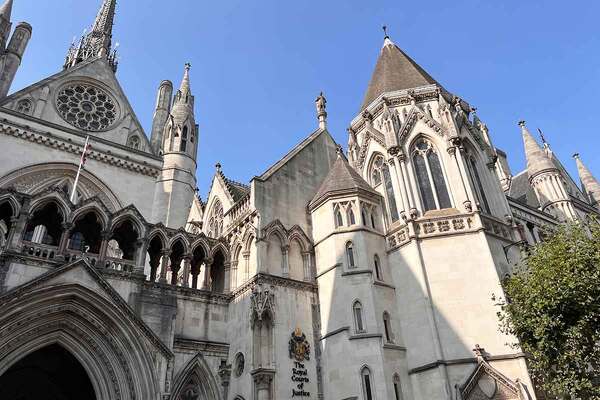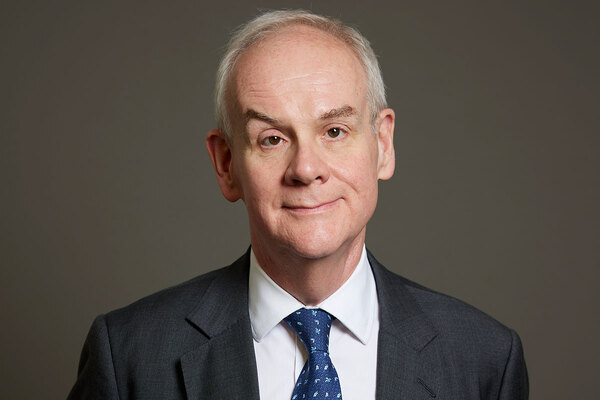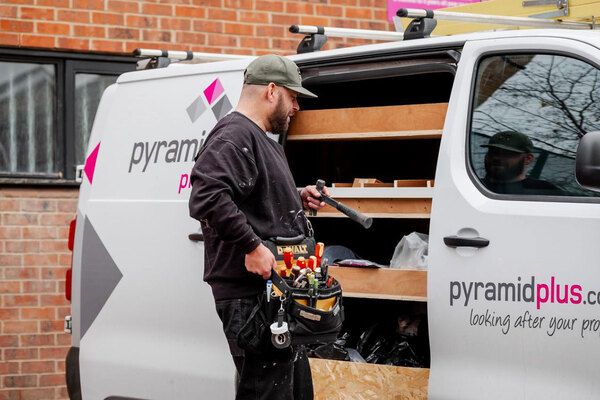You are viewing 1 of your 1 free articles
City council signs £9m retrofit deal to improve 500 homes
Manchester City Council has signed a £9m retrofit deal to improve the energy efficiency in 500 homes across the city.
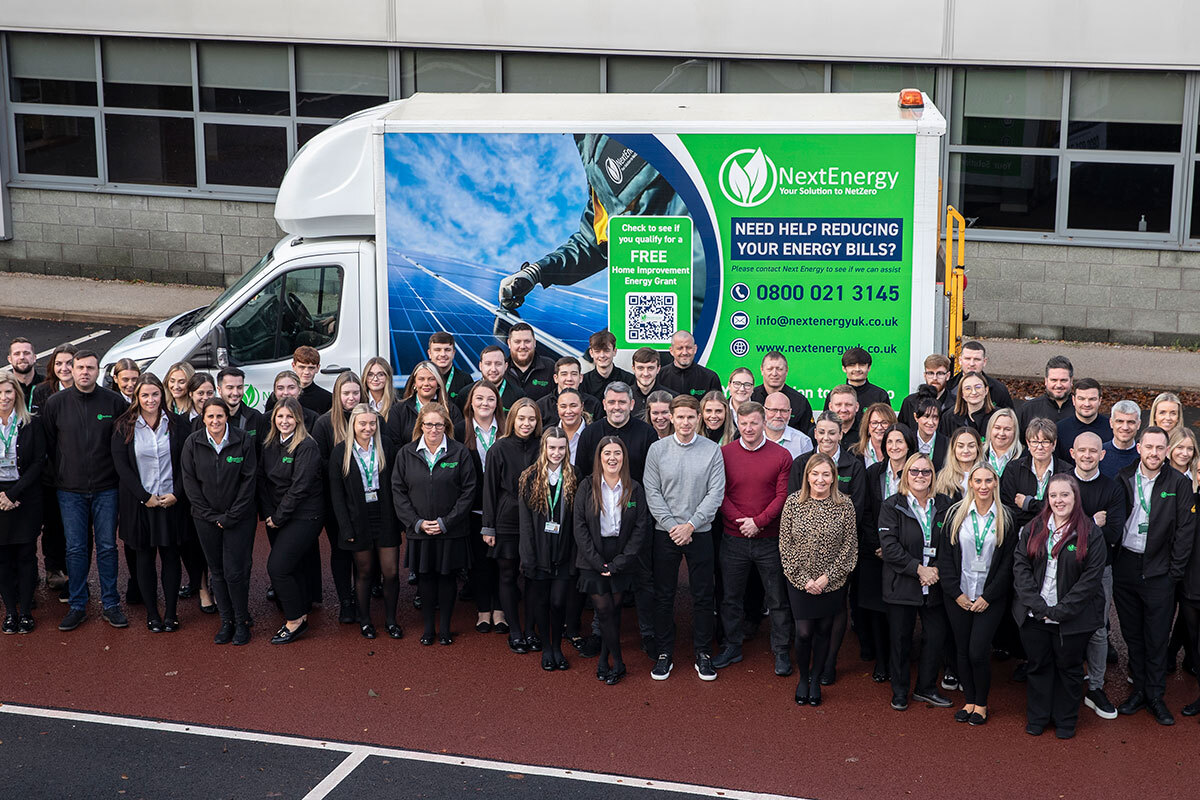
The agreement will see upgrades carried out by retrofit company Next Energy and will form part of the government’s Home Upgrade Grant Phase 2 (HUG2).
The scheme is designed to improve homes that are off the gas grid and rented or owned by low-income families.
Next Energy said it hoped the contract with the council will help to tackle the fuel poverty crisis for households in off-gas areas.
The government announced the local authorities that had been successful for the HUG2 scheme in March 2023.
Up to £630m will be distributed to UK councils through the scheme to help them deliver their retrofit projects from April 2023 to March 2025.
Next Energy was established in 2016 in response to the government’s net zero ambitions. It has provided insulation and heating upgrades for 18,000 domestic and commercial customers, including social landlords, across the UK.
To access the scheme, residents must be owning or renting their home, earn a total income of less than £31,000 a year and have an Energy Performance Certificate rating of D, E, F or G.
The retrofit process includes installing a variety of measures, such as insulation, air-source heat pumps and solar PV (photovoltaic) panels, among other items.
Lee McNally, director of Next Energy, encouraged families to apply for the scheme as it gives them “the chance to properly insulate their homes and save over £500 a year on bills”.
He added: “We want to tackle fuel poverty head on, and these grants will help us deliver much-needed energy improvements to hundreds of households across Manchester.”
Gavin White, executive member for housing and development at Manchester City Council, said: “This scheme will help residents reduce their energy bills, benefit our communities by reducing carbon emissions, and contribute to the wider decarbonisation process in Manchester.”
Mr White encouraged all residents who do not use gas boilers to check if they are eligible for the scheme.
Tracey Rawlins, executive member for environment and transport at Manchester City Council, explained that the initiative will help ease the burden on rising bills while “supporting Manchester’s ambitious environment aims”.
Manchester has a target to be net zero by 2038, which is 12 years ahead of the UK government’s 2050 ambition.
Towards the end of last year, the council approved a new framework that will be used to underpin future development proposals in the north-east of the city.
Sign up for our asset management newsletter
Already have an account? Click here to manage your newsletters
